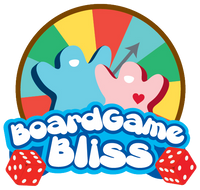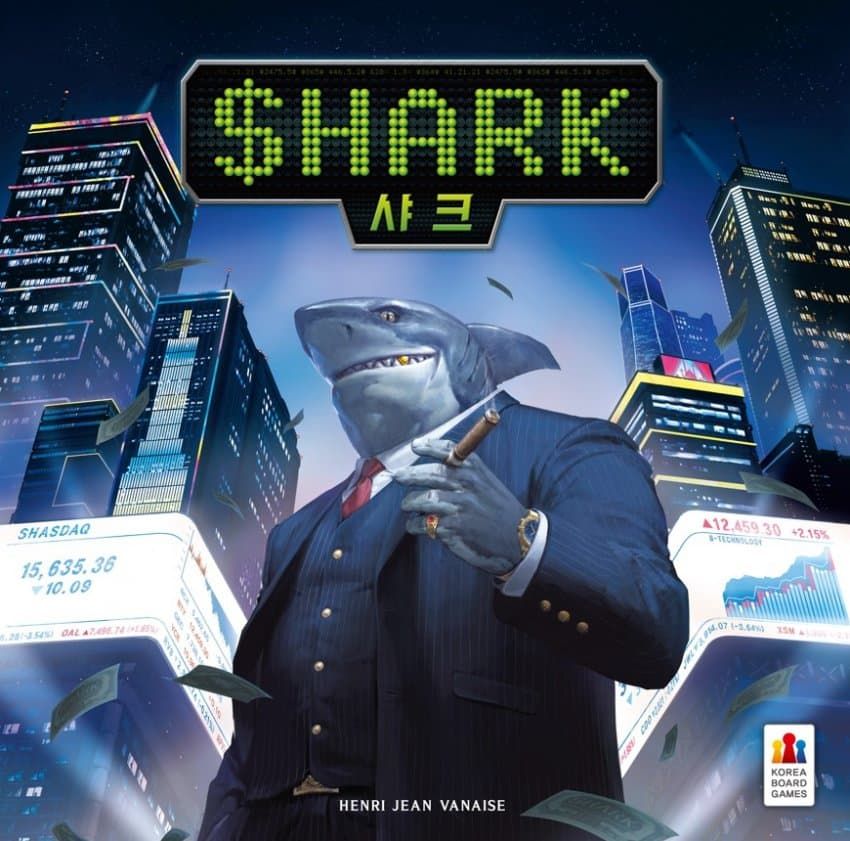Shark (Korean Import)
Products title that includes 'PRE-ORDER' is subject to our Pre-order Policy
Couldn't load pickup availability
Delivery and Shipping
Delivery and Shipping
For more details, please refer to our Shipping and Order Information.
Pre-Order Policy
- Pre-order items are charged at the time the order is placed.
- Prices for pre-order items are subject to change based on final landed costs.
- If the final price is lower, the difference will be refunded to the customer in the form of store credit.
- If the final price is higher, customers will be given the option to either:
- Pay the difference, or
- Cancel the item for a full refund.
- Orders containing pre-order items will be placed on hold until all items in the order are available.
- Once all items have arrived and pricing remains unchanged, the order will be automatically shipped.
- Pre-orders are fulfilled on a first-come, first-served basis.
- If a pre-ordered item becomes unavailable (e.g., the publisher cancels the product), a full refund will be issued.
- Pre-orders may be cancelled and refunded by customers or the store.
- For transactions that are no longer eligible for direct refunds due to payment processor limitations, a store credit will be issued instead.
Description
Description
| Designer |
H. Jean Vanaise |
| Publisher | Korea Boardgames Co., Ltd. |
| Players | 2-6 |
| Playtime | 90 mins |
| Suggested Age | 12 and up |
| Honor | 1987 Spiel des Jahres Recommended |
Note: This game includes English and Korean. For a preview, English rule can be found here.
Shark is a stock-trading game slightly reminiscent of Acquire in that abstract play on the game board determines the share values of the various companies. The similarities end there, though, as Shark is more free-wheeling than Acquire.
At the start of your turn, you can buy shares (up to five) and sell shares (as many as you want), then you roll dice to determine which of the four company markers you place on the board and in which region. A company marker on its own doesn't contribute to the value of a company; only groups of at least two markers count, so groups of 5, 4, 1, and 1 markers would create a value of $9,000 for each of that company's shares. If you place a marker that combines those two lone markers, then you'd have groups of 5, 4, and 3, so the share price would shoot to $12,000. If you placed that marker on its own, the share price wouldn't change. When you place a marker, you gain money equal to that company's new share price, so you have an incentive to boost a company's size — but all players receive funds equal to the difference between the old share price and new for each share they hold, so are you enriching them more than yourself?
Of course, you can also place a marker to tank a company's share price. When a company's group expands to touch a smaller group, that smaller group is removed from the board, lowering the value of that company's shares (as long as the group had at least two markers) and costing everyone money equal to the loss in value. (Groups of equal size cannot touch, and you cannot place a marker to force a smaller group to touch a larger one.) To end your turn, you can again sell as many shares as you want and buy shares up to the per-turn limit of five.
Removed markers are banished from the game, not returned to the supply. Once all of a company's markers have been used, or a company's share price reaches $15,000, or all of the shares have been sold, the game ends, and players cash out all their shares to see who has the most money.

